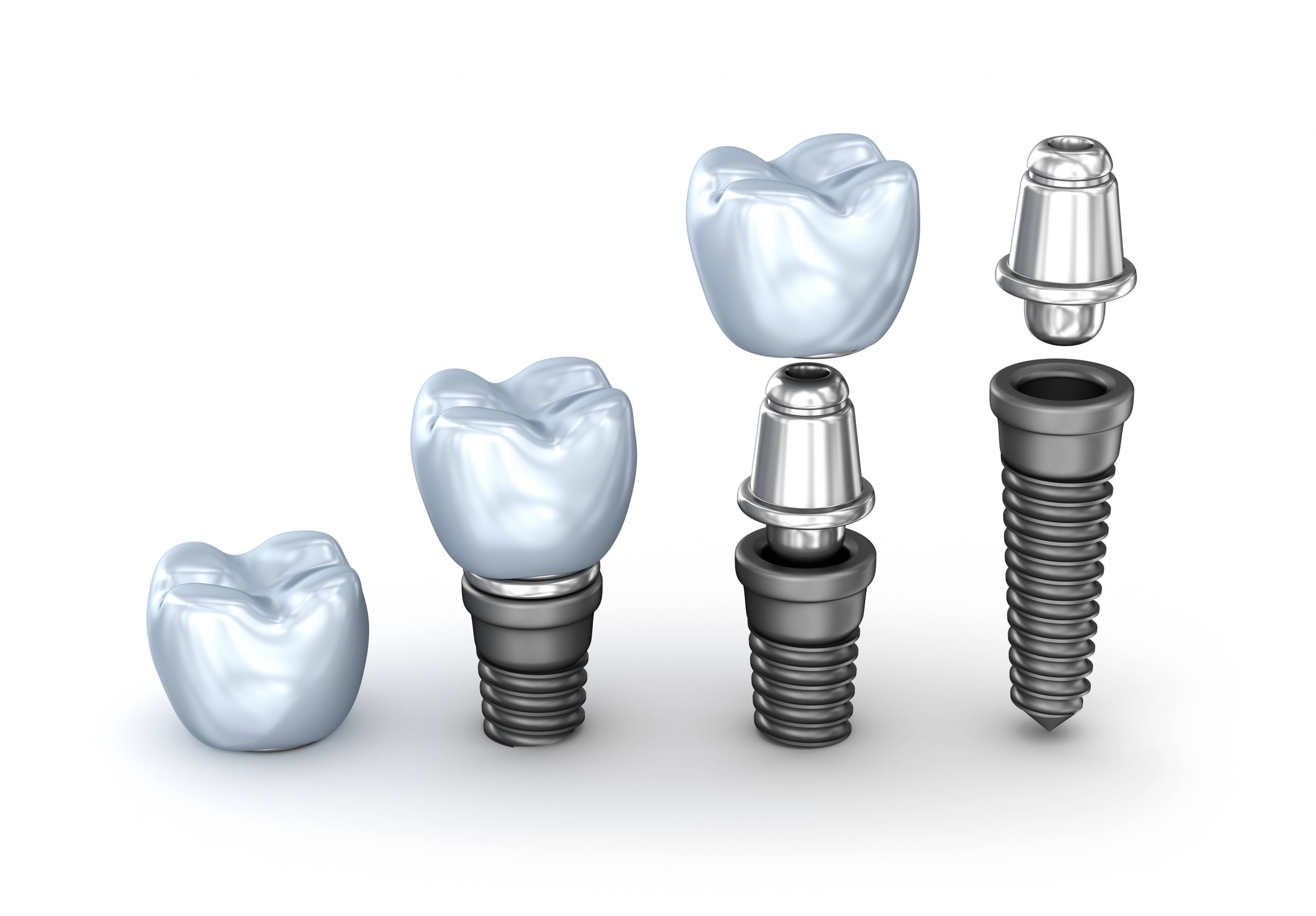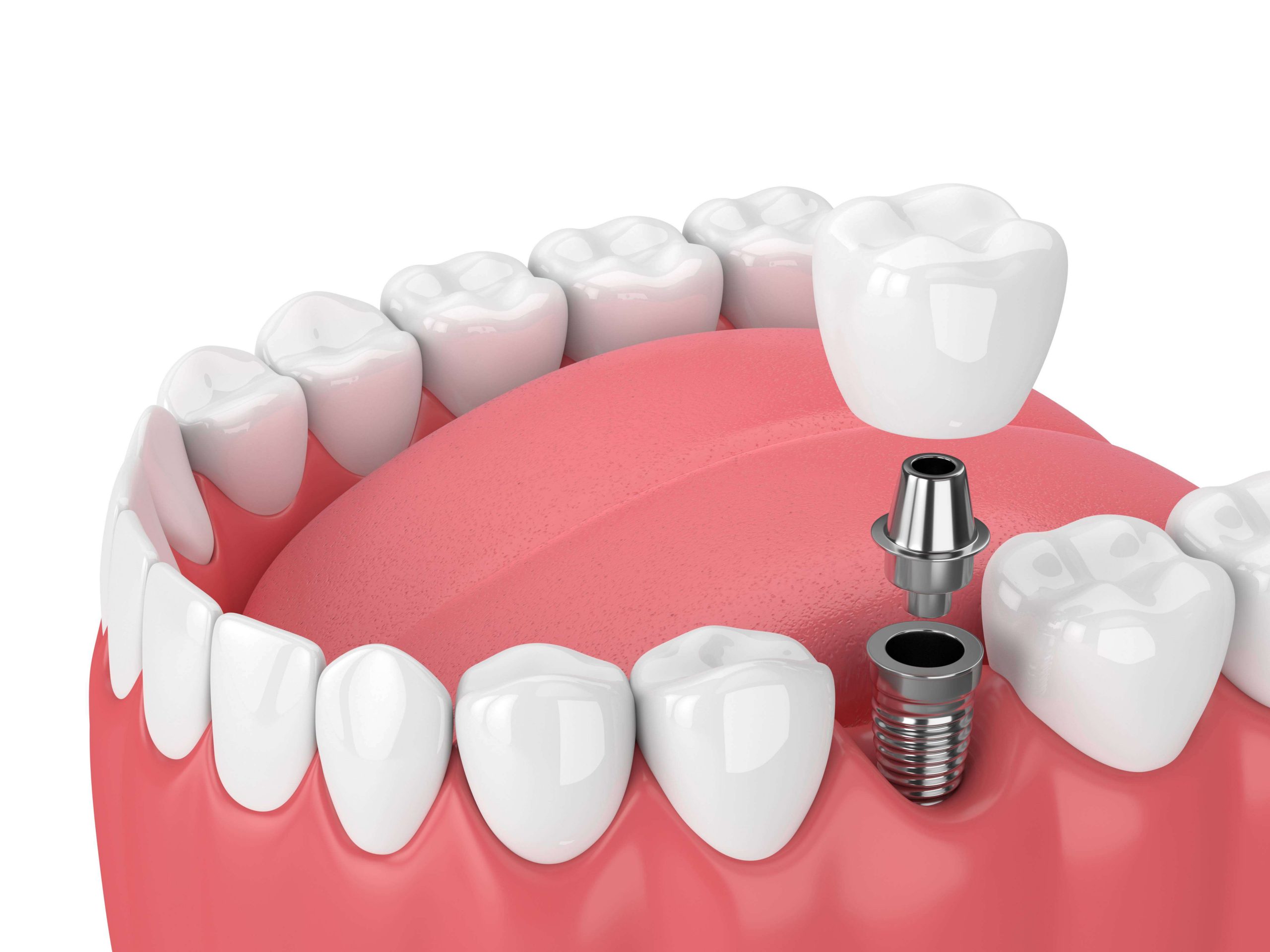How Often Do Dental Implants Need to be Replaced?
If you have been recommended for dental implants, you may wonder if they will ever have to bereplaced. Implants are a permanent restorative solution for patients seeking that perfect smile.Dentalimplants look and feel natural in the mouth,and last upwards of 25 yearsif they are cared for properly.
At our practice, dental implants are one of the most common restorative options performed. Manypatients are leaning towards this permanent option to give them a durable smile that will last for years.Dental implants can last your entire life, and they are one of the most reliable tooth restoration optionsavailable to patients.
How Successful Are Dental Implants?
Implants have a 95% success rate, andwe encourage patients to use good oral hygiene habits to keepthe implants clean and free of plaque. This helps the implants to last, and prevents infection which canmake them unstable in the mouth. Implants moving or needing replacement is rare. If an implant shiftsout of place this could indicate the bone tissue is not providing enough support, and you should contactourdental office immediately.
Tips to Ensure your Dental Implants Last a Lifetime
Here are some helpful tips that you can start using to get the most out of your dental implants:
- Floss daily using an implant specific floss or wax free floss to help keep the area clean and freeof plaque. A Waterpik Water Flosser can be used to assist in removing plaque around theimplants.
- Use a low abrasive tooth brush such as a soft type brush on your implants.
- Avoid any products, foods, or drinks containing any ingredients that may stain your teeth.
- Anti-microbial rinses can be used to help reduce inflammation and prevent infection.
- Avoid products thatcontain stannous fluoride, sodium fluoride, or baking soda. Theseingredients can make the implants prone to corrosion.
Interested in Dental Implants?
Caring for your implants at home is similar to caring for your natural teeth. Practicing good oral hygienehabits at home will ensure your implants last for years and never need to be replaced. Our friendly teamis here to help you achieve the smile you have always wanted. We are always available to answerquestions and help you every step of the way.
If youare interested in finding out more about dental implants and how they may benefit you, contactus to schedule your consultation as soon as possible.




